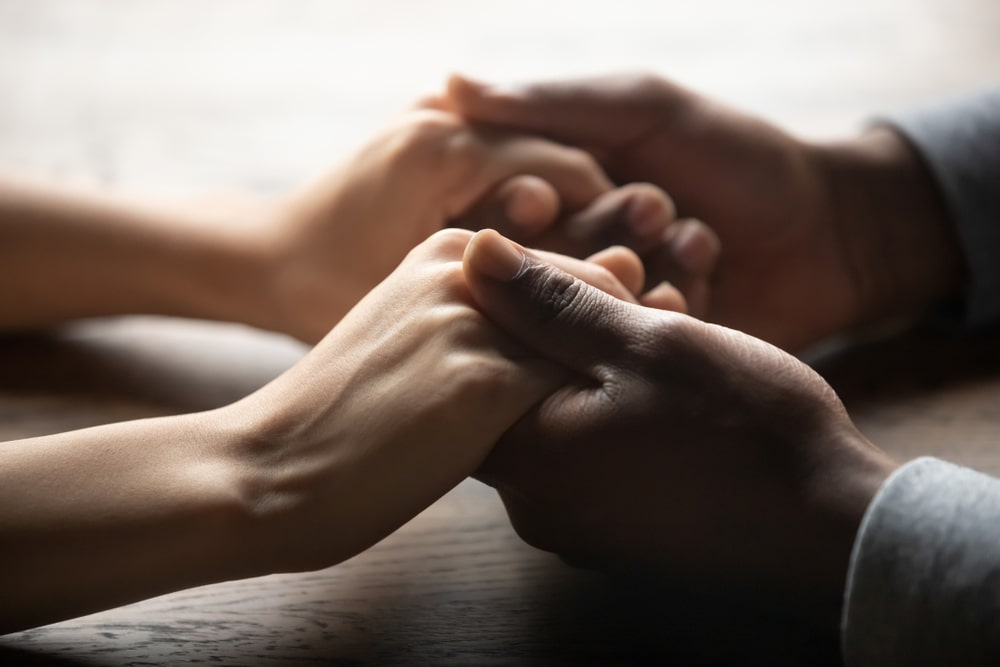Grief and loss are natural responses to significant life changes, such as the death of a loved one, the end of a relationship, or other significant losses. Recognizing and addressing these emotions is essential to support your mental and emotional well-being. Here are some signs that you may be struggling with grief and loss:
- Intense Emotions: Overwhelming sadness, anger, guilt, or numbness.
- Physical Symptoms: Appetite changes, sleep issues, fatigue, or other discomforts.
- Social Withdrawal: Avoiding social activities and feeling disconnected.
- Difficulty Concentrating: Challenges with focus and completing tasks.
- Behavior Changes: Increased irritability, mood swings, or risky behaviors.
- Denial/Avoidance: Avoiding reality or discussions about the loss.
- Sense of Emptiness: Feelings of emptiness or life lacking meaning.
- Persistent Grief: If grief remains intense and disrupts life over time, consider seeking support.
Everyone feels grief in their own way, and there’s no right or wrong way to do it. Some people might feel sad for a long time, while others might start to feel better sooner. It’s important to know that however you feel is okay, and it’s all part of dealing with a significant change in your life.
You might have heard about the five stages of grief: denial, anger, bargaining, sadness, and acceptance. But not everyone goes through all these stages, and they don’t always happen in order. Grief can feel like a rollercoaster, with good days and challenging days. It’s okay to feel a variety of emotions and to take your time working through them.
If you recognize these signs in yourself or someone you care about, it’s essential to consider seeking help. Talking to friends, family, or support groups can offer valuable emotional support. If your grief is significantly impacting your daily life or if you’re having thoughts of self-harm, it’s crucial to reach out to a mental health professional or a helpline immediately.

 (312) 481-8181
(312) 481-8181
